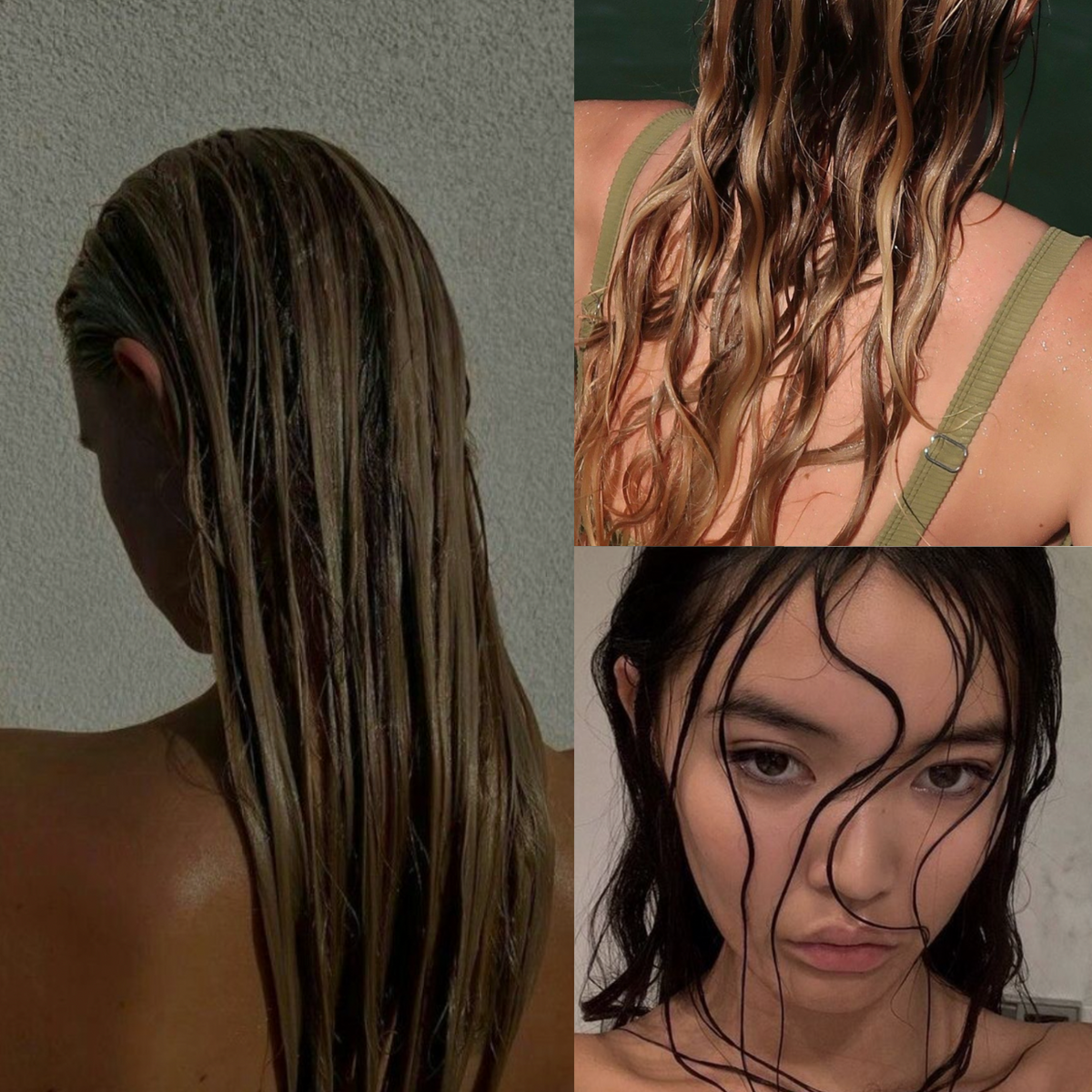You are trying to purchase more products than available in stock.

2 min read
It’s the summer season, a time to enjoy outdoor activities under the sun, but you may have asked yourself “can I swim with hair extensions?” You’re not alone. This is a common question, and the answer can actually be a little bit complicated. Overall, the answer is yes, but you do need to be careful in order to avoid damage. If you look after your extensions well, you should be able to swim without drastically reducing their lifespan.
This is one of the most common concerns among those with extensions during the swimming season. How can you protect your beautiful hair and still enjoy the water? Will swimming damage your extensions at all? Whether you have partial extensions or a full hair wig, this article identifies the common factors that can damage the hair in summer, and how to avoid them.
One of the major causes of damage to hair extensions is prolonged exposure to a combination of natural and artificial elements and ingredients. How sunlight and water react to sunscreens is a perfect example.
Sunscreens can be harmful to hair extensions, especially during summer. Warm temperatures can react to some sunscreen ingredients, such as Avobenzone and Octocrylene, causing your extensions to discolour.
This starts when chemicals from your sunscreen make contact with your extensions. Your hair’s reaction to ultraviolet light (UV) from the sun triggers a cell breakdown known as Reactive Oxygen Species (ROS). Swimming and adding water to the equation seals this discolouration process. This is when minerals, such as copper, calcium, magnesium, iron, and silica blend with hair cells and activate a chemical reaction that can turn your extensions orange.
The good news is that not all sunscreens are harmful to your extensions. The best way to avoid this problem is to read the label, and avoid products with a formulation that includes the ingredients mentioned above.
Prolonged exposure to saltwater and chlorinated water can have some negative effects on your hair, as well as the materials used to attach your extensions to your natural hair. Micro rings, tape, glue, or nano rings are made of materials that can deteriorate if exposed to harsh environments for a long time. So, while you can still swim, you need to be careful. After swimming, make sure to rinse your hair with normal water to remove chlorine and other minerals. You can also tie up your hair into a bun or protect it with a swimming cap. The goal is to not let your hair down and prevent it from floating around in the water too much.
Superior Hair Extensions can help you take care of your hair this swimming season. We can answer any of your questions and give you some advice on taking care of your extensions. Highly recommended for our team’s salon services, we also provide hair products and hair extension courses to help your business grow.
You are trying to purchase more products than available in stock.


